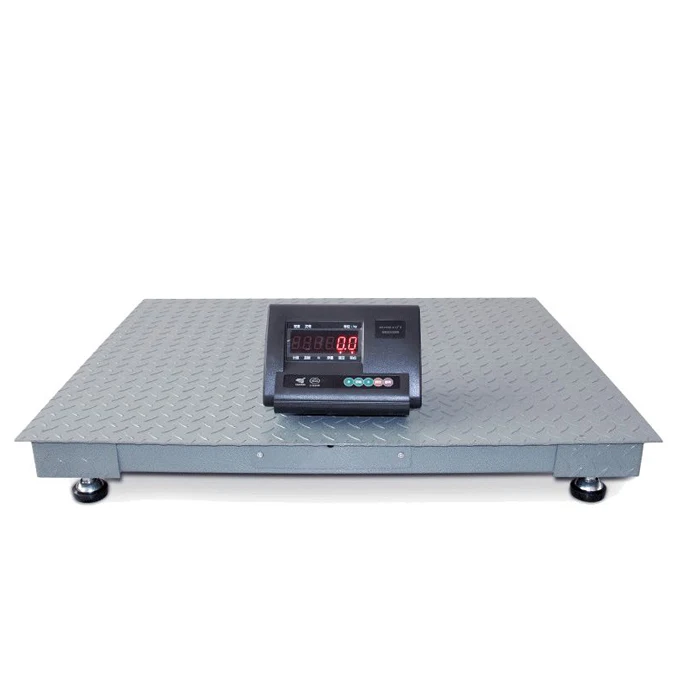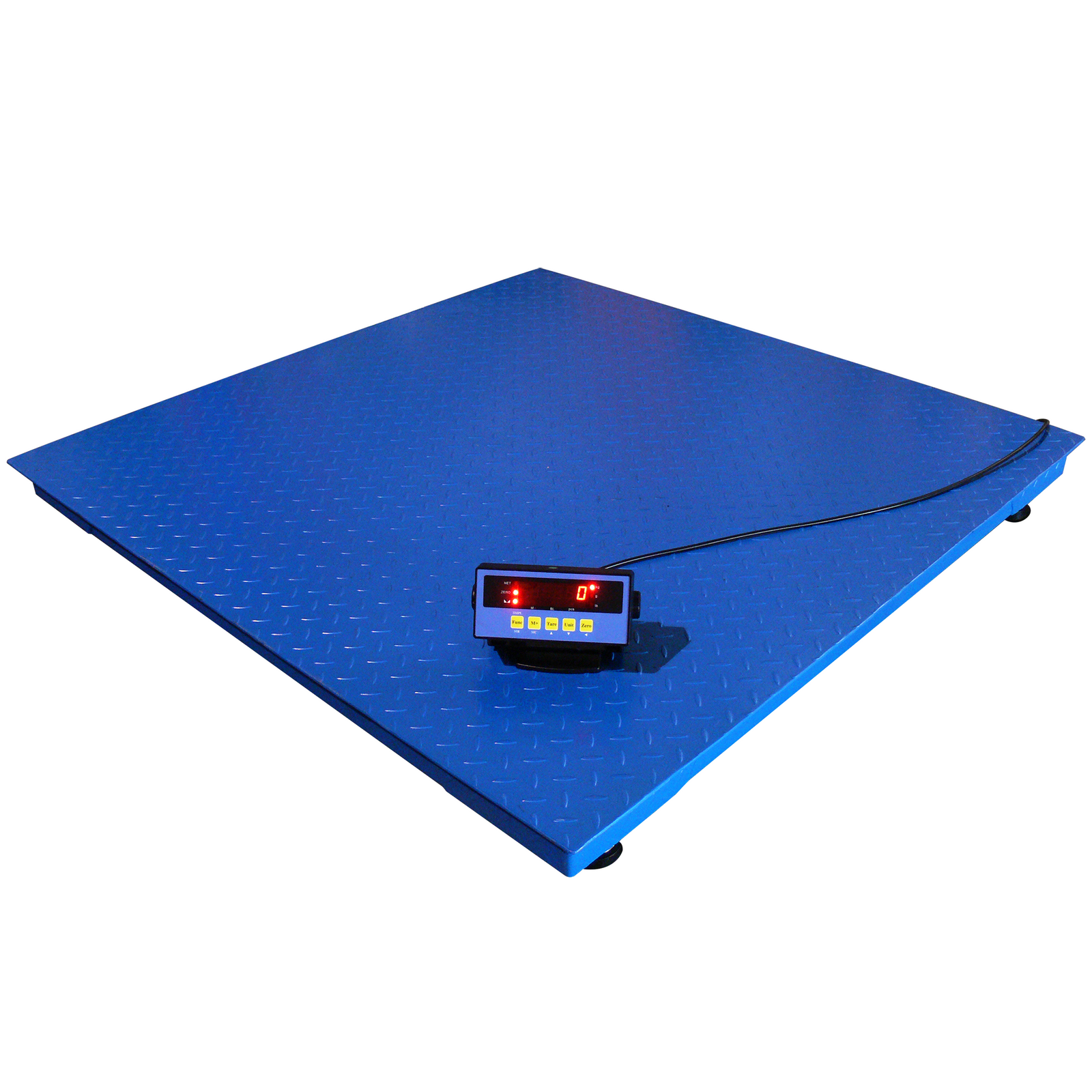Digital vs. Analog Industrial Scales: What You Required to Take into consideration
Digital vs. Analog Industrial Scales: What You Required to Take into consideration
Blog Article

Leading Functions to Look for in High-Quality Industrial Scales
In the world of commercial procedures, picking the right scale is crucial for ensuring performance and precision. Key attributes such as precision and accuracy, together with toughness and develop quality, play a considerable function in figuring out the suitability of a scale for certain applications. Additionally, considerations like tons capacity, ease of usage, and connectivity options further enhance functional effectiveness. Understanding these elements is essential for making a notified choice, yet lots of companies neglect essential aspects that can affect their productivity. A closer examination of these features discloses understandings that might change industrial weighing techniques.
Accuracy and Accuracy
Guaranteeing the accuracy and accuracy of commercial ranges is extremely important for efficient procedures throughout different sectors. Accurate measurements are crucial in sectors such as manufacturing, logistics, and food handling, where even small discrepancies can cause significant financial losses, compromised product top quality, or regulatory non-compliance. Top notch commercial scales are made to supply reputable performance, making use of sophisticated modern technology to assure exact weight readings.
The calibration procedure is vital in keeping the accuracy of these scales. Routine calibration versus accredited referral weights guarantees that any type of drift in measurement is remedied, consequently promoting conformity with market criteria. Furthermore, making use of high-resolution tons cells enhances the scale's capability to spot minute weight adjustments, further enhancing its accuracy.

Toughness and Develop Quality
Sturdiness and build quality are vital elements that identify the longevity and integrity of industrial ranges in demanding settings. Industrial ranges are usually subjected to extreme conditions, including direct exposure to dirt, moisture, and heavy lots. The materials used in their building play an essential role in guaranteeing they can hold up against these challenges.
Premium commercial ranges generally include durable real estates made from products such as stainless-steel or light weight aluminum, which not just offer architectural integrity however also resist rust and wear. In addition, attention to information in the design, such as enhanced corners and shock-absorbent feet, can improve sturdiness and protect delicate components from damage.
Furthermore, state-of-the-art components, consisting of lots cells and electronic components, add to the total build quality. These components should be created to tolerate temperature level changes and resonances typically located in industrial settings. Making certain proper ingress defense (IP ranking) is also essential, as it suggests the range's ability to withstand dust and liquid exposure.
Inevitably, choosing industrial scales with premium toughness and build high quality will lead to a much more reputable, long-lasting solution that meets the extensive needs of different commercial applications.
Load Capacity and Array
When choosing commercial scales, understanding their load capability and range is crucial for meeting certain operational needs. Lots ability describes the maximum weight that a scale can moved here properly determine, while the array shows the range of weights the scale can handle efficiently. It is critical to pick a scale that not only meets present demands however likewise accommodates potential future needs.
Various sectors have distinct weight dimension needs. As an example, a production facility may need ranges capable of evaluating hefty equipment parts, while a research laboratory could just need ranges for lighter materials. Choosing a range with a suitable tons capability ensures accuracy and accuracy, protecting against overloading that could cause equipment damages or unreliable analyses.
Additionally, it is important to think about the step-by-step level of sensitivity of the range within its array. A range that can measure both heavy and light weights accurately can improve operational efficiency, permitting flexible applications. Purchasing ranges with ideal lots ability and range considerably contributes to efficiency, conformity with industry requirements, and overall operational integrity. As a result, comprehensive evaluation of these requirements is essential prior to purchase.
Simplicity of Usage and Upkeep

Along with user-friendliness, ease of maintenance is another essential aspect to think about. Scales that are created with accessible elements promote routine maintenance jobs such as calibration, cleansing, and battery replacement. A modular design can even more streamline these procedures, permitting quick repair services and marginal downtime.
In addition, the products utilized in the building of industrial ranges play a significant role in maintenance. Ranges made from resilient, corrosion-resistant products are less complicated to clean and less prone to damage, which expands their lifespan and decreases total functional costs.
Routine maintenance timetables, guided by the supplier's suggestions, are important for making certain ideal efficiency. By focusing on convenience of usage and maintenance, businesses can ensure that their industrial ranges remain efficient, trusted, and efficient devices in their procedures. This brings about enhanced productivity and an view publisher site extra efficient process.
Connection and Assimilation Choices
Integrating commercial ranges into existing functional structures is considerably improved by robust connectivity options. High-quality industrial ranges ought to supply multiple connectivity approaches, consisting of USB, Ethernet, and wireless choices such as Wi-Fi or Bluetooth. These functions help with seamless information transfer to central databases, ERP systems, or cloud systems, making it possible for real-time surveillance and reporting.
Moreover, progressed integration alternatives Visit Website enable compatibility with existing devices, such as printers or barcode scanners, improving processes and enhancing process efficiency. Ranges that support industry-standard procedures, such as Modbus or RS-232, can easily connect with various gadgets and systems, making certain a natural functional environment.
An additional important element is the capability to integrate with software program remedies that examine and picture information - Industrial Scales. Ranges outfitted with APIs or software program growth kits (SDKs) give services the flexibility to personalize functionalities tailored to their certain requirements
Lastly, thinking about future scalability is essential; picking ranges that can adjust to developing technical advancements guarantees long-lasting value and decreases the requirement for costly replacements. In recap, evaluating connectivity and combination alternatives is important when choosing high-grade industrial scales that will improve operational effectiveness and data management.
Final Thought
Finally, selecting top quality industrial ranges necessitates cautious consideration of several critical features. Accuracy and precision guarantee reliable dimensions, while longevity and build high quality boost resilience in challenging atmospheres. Appropriate load capability and variety satisfy diverse sector demands. In addition, simplicity of usage and maintenance advertise functional effectiveness, and durable connection alternatives facilitate seamless information assimilation. Prioritizing these qualities inevitably leads to improved efficiency and long-lasting worth in commercial applications, enhancing the importance of educated decision-making in range selection.
In the world of industrial procedures, picking the right scale is important for making sure effectiveness and precision.Making sure the accuracy and precision of commercial scales is paramount for reliable procedures across numerous fields. Lots ability refers to the optimum weight that a range can precisely measure, while the variety shows the spectrum of weights the scale can handle effectively. A production center might require scales qualified of considering heavy equipment parts, while a laboratory may only need ranges for lighter products. By prioritizing simplicity of use and maintenance, companies can guarantee that their industrial scales stay reliable, trustworthy, and reliable tools in their operations.
Report this page